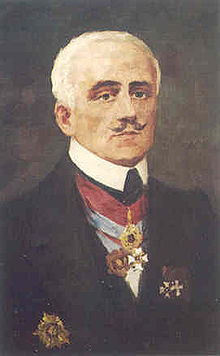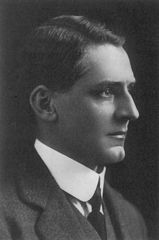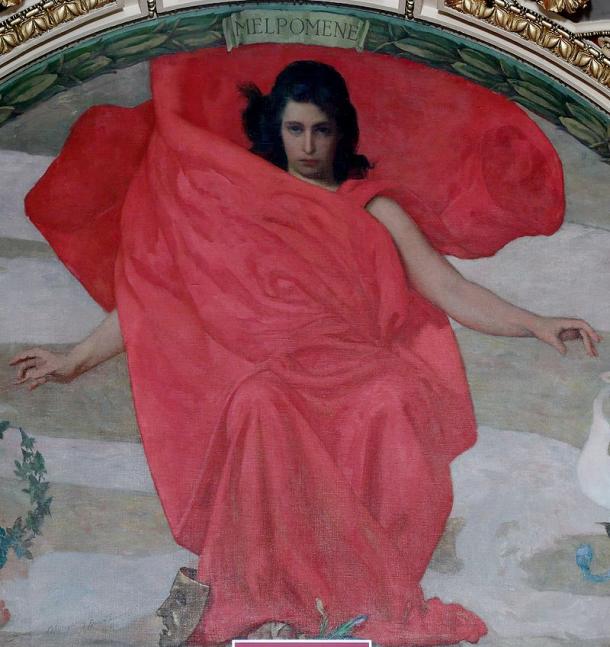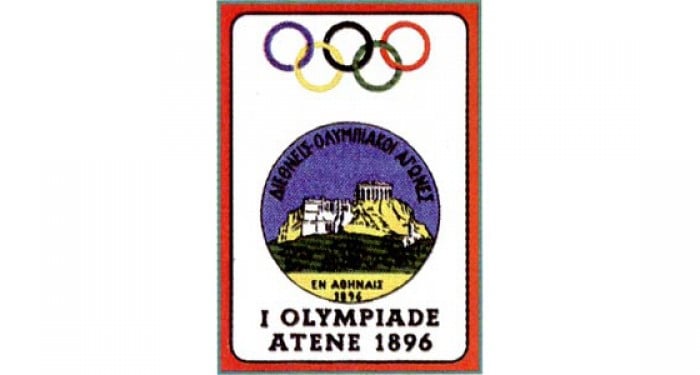This week marks the 120th Anniversary of the Games of the I Olympiad, otherwise known as the 1896 Summer Olympics. These were the first modern Olympic Games, and it began the legacy of the Olympics that we know today. The 1896 Olympics were held in Athens, a fitting host as the Ancient Olympic Games were originally held in Athens.
Here are a few facts about those initial Olympic Games that you may not have known.
Not The First Olympics

While the 1896 Summer Olympics are recognized as the first modern Olympic Games, an event preceded it that brought the Games into motion. The idea of bringing back the Olympics were discussed publically all throughout the early and mid 1800’s, but it wasn’t until Greek patriot and rich guy Evangelos Zappas offered to fund the Olympics that the movement really began to pick up steam. Zappas offered to fund the renovation of Panathenaic Stadium, which hadn’t been used since the Ancient Games. While a conservative anti-athletics lobby did attempt to stop the Games from taking place, public support began to become overwhelming. King Otto eventually agreed to allow the Games to take place, in four year intervals, as long as Zappas funds the Games. The first Games took place in 1859. As the Panathenaic Stadium was still being renovated, they took place in the town square, and only featured Greek athletes. Three more Games that were funded by the Zappas Estate took place in 1870, 1875, and 1888. These events are commonly referred to as the Zappas Olympics.
The success of the Zappas Olympics, as well as the success of William Penny Brookes’ Olympic inspired event in Wenlock, England during the mid 1800’s, inspired educator and historian Pierre de Coubertin to organize the Games under one umbrella. He went on to create to International Olympic Committee, and agreed to host the first of the organized Games in Athens in 1896. These would be the first Olympics that were open to international athletes, and are accepted as being the “first modern Olympic Games.”
Unorganized Athletes
While the International Olympic Committee officially existed, the National Olympic Committees of the individual countries had yet to officially be created. As such, many athletes just showed up to the Games and declared which country they competed for. Unlike the high standards the Olympic Games hold today, the athletes did not participate in 1896 because they were the best in their sport; rather, they competed because it was convenient for them. Many of the athletes lived in Athens at the time, and therefore did not have to worry about international travel. Some of the competitors for the United Kingdom, for example, worked in the British embassy in Athens. There was no Olympic Village, so athletes had to take care of their own accommodations. Several team sports included athletes from various countries, and therefore several individuals were credited with winning medals instead of countries. With no NOCs, and with the sports being relatively disorganized, there is no way to determine the true number of countries that participated, the countries each athlete represented, or even the identities of many athletes in various sports.
The Lion Of Athens

Australian Edwin Fleck was working as an accountant in London when he decided to take a month off and attend the Olympics. The trip took him six days by sea and by rail, most of which he spent plagued by sickness. He arrived as the only Australian, at that time still a British colony, in the field.
Fleck, who was a member of a London Athletic Club but ran with the colors of his native Melbourne, won the 800m and 1500m, becoming the first Australian gold medal winner. Fleck then ran the marathon, and was in the lead late in the race, but collapsed due to exhaustion and was unable to finish. Fleck, who was also a recreational tennis player, also entered the tennis competition, and while he was bounced early from the singles competition, he is officially recorded as the bronze medalist in the doubles for the Mixed Team (the 1896 Games did not hand out bronze medals, so this was done retroactively). Fleck’s personality and athletic abilities won him over with the Athens crowd, who nicknamed him “The Lion of Athens”.
Stamata Revithi

For all of de Coubertin’s strengths, he had one incredibly large flaw in his character, and that was his sexism. The 1896 Olympics did not allow women competitors because de Coubertin thought female competitors would be "impractical, uninteresting, unaesthetic and incorrect". One woman, however, wanted to defy de Coubertin’s ban.
That woman was Stamata Revithi. Revithi was a woman living in poverty 6 miles outside of Athens. She walked to Athens a few days prior to the start of the Games in hopes of finding employment. On her way to Athens, she encountered a runner who gave her money and encouraged her to run the marathon in order to become famous. Revithi was a fan of distance running, so she agreed. She showed up at the location of the start of the marathon, but the committee refused to allow her to compete. Instead, she ran the same course the following day. Though she was not allowed to enter the Olympic Stadium, she still signed for a time of 5 and a half hours. She intended on presenting her time to the Hellenic Olympic Committee, but no record of her submitted times exists. Only nine men completed the marathon the day before, putting Revithi in rare athletic company.
There are some reports that mention another woman by the name of Melpomene who may also have ran the race, though modern Olympic historians seem to believe that Revithi and Melpomene are the same person.
Women got the opportunity to compete in the Olympics starting in 1900, with tennis and golf. Their involvement in the Games has steadily increased since then. The IOC now contains a rule that any sport wishing to be added to the Olympics must include programs for both men and women.
American Medal Domination
Greece walked out of the 1896 Olympics with the most overall medals – 46 overall. This, however, was to be expected, seeing as Greece had more athletes than the rest of the countries combined.
The true successful country in the Olympics was the United States. They had 14 athletes that competed for the Starts & Stripes, and they walked out of the 1896 Games with 20 total medals. Their 11 gold medals gave them more than the Greeks, who only managed 10.
The Games were seen as an embarrassment to Greek athletics. While she was being heckled by a Greek athlete prior to the start of the marathon, Revithi responded that he shouldn’t insult women, since male athletes were being humiliated by the Americans. This would be the only time Greece would win the most medals in the Olympics, and they have never won the most golds in modern Olympic history. The United States would be in the top two in total medals and gold medals won in every Olympics until 1976.





































